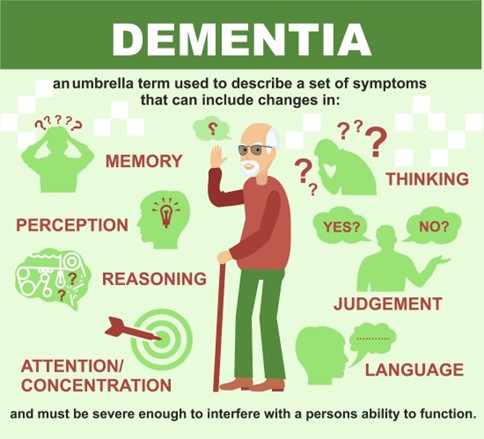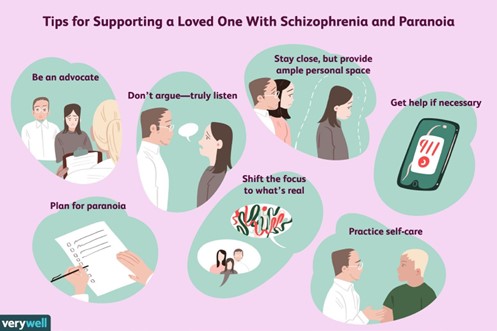An older adult female client is admited to the psychiatric unit for assessment of a recent onset of dementia. The practical nurse (PN) notes that in the evening, the client becomes restless, confused, and agitated.
Which instruction should the PN provide to the unlicensed assistive personnel who is assisting in the care of the client?
Calmly offer to walk around the hallways with the client.
Make sure the room lights are dimmed to calm the client.
Leave the client alone until signs of agitation have passed.
Measure the client's vital signs at the onset of agitation.
The Correct Answer is A
Restlessness, confusion, and agitation in the evening are common symptoms of sundowning, which is a condition that affects some older adults with dementia. Offering to walk around the hallways with the client can provide a calming effect and reduce the symptoms of sundowning.
Dimming the lights may actually increase confusion and agitation, and leaving the client alone may increase feelings of isolation and fear.
Measuring the client's vital signs may not be necessary unless there are specific medical concerns.

Nursing Test Bank
Naxlex Comprehensive Predictor Exams
Related Questions
Correct Answer is B
Explanation
The PN should report the injury details to the charge nurse. This is important because the charge nurse needs to be aware of any changes in the patient's condition and can help determine the appropriate course of action. The other options are not the most appropriate actions for the PN to take in this situation.
Obtaining a heel stick glucose (A) may be necessary if hypoglycemia is suspected, but it is not the most immediate concern.
Initiating strict intake and output measurements (C) may be necessary for monitoring fluid balance, but it is not the most immediate concern.
Swaddling the infant in a blanket (D) may provide comfort, but it does not address the underlying issue of the head injury and seizure episode.
Correct Answer is D
Explanation
The first intervention the PN should implement is to **sit and offer to listen to the client's concerns**. It is important to approach the client in a calm and non-threatening manner and to establish a rapport with him. Offering to listen to his concerns can help the client feel heard and understood, and can help build trust between the client and the PN.

Whether you are a student looking to ace your exams or a practicing nurse seeking to enhance your expertise , our nursing education contents will empower you with the confidence and competence to make a difference in the lives of patients and become a respected leader in the healthcare field.
Visit Naxlex, invest in your future and unlock endless possibilities with our unparalleled nursing education contents today
Report Wrong Answer on the Current Question
Do you disagree with the answer? If yes, what is your expected answer? Explain.
Kindly be descriptive with the issue you are facing.
